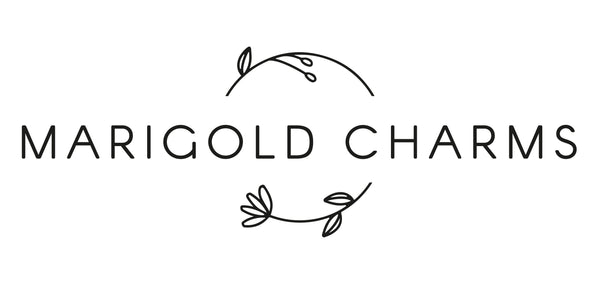
Peptides are used in skincare because they help improve skin health and appearance by boosting collagen production, enhancing skin repair, and providing anti-aging benefits. Here’s why they are so popular:
1. Stimulate Collagen Production
Peptides are short chains of amino acids, which are the building blocks of proteins like collagen and elastin. Since collagen is crucial for skin firmness and elasticity, peptides help reduce wrinkles and fine lines by encouraging the skin to produce more collagen.
2. Strengthen the Skin Barrier
Some peptides help reinforce the skin’s protective barrier, making it more resilient to environmental stressors like pollution, UV rays, and bacteria. A stronger barrier keeps the skin hydrated and reduces sensitivity.
3. Improve Skin Elasticity & Firmness
By promoting elastin production, peptides help skin stay firm, bouncy, and youthful. This can help reduce sagging over time.
4. Reduce Inflammation & Soothe the Skin
Certain peptides have anti-inflammatory properties that calm redness, irritation, and even conditions like acne or rosacea.
5. Hydration & Moisture Retention
Some peptides (like aquaporin-stimulating peptides) enhance the skin’s ability to retain moisture, helping with dryness and dehydration.
6. Help Repair Skin Damage
Copper peptides, in particular, are known for their wound-healing and skin-repairing properties, which help with scarring, hyperpigmentation, and overall skin renewal.
Common Types of Peptides in Skincare
- Signal Peptides – Encourage collagen and elastin production.
- Carrier Peptides – Deliver essential minerals (like copper) to the skin for repair and renewal.
- Enzyme-Inhibitor Peptides – Slow down the breakdown of collagen for firmer skin.
- Neurotransmitter Peptides – Work similarly to Botox by relaxing facial muscles and reducing wrinkles.
What is an example of a peptide?
Examples of peptides include the hormone oxytocin (the love hormone), glutathione (stimulates tissue growth), melittin (honey bee venom), the pancreatic hormone insulin, and glucagon (a hyperglycemic factor).
So maybe a bee sting isn't so bad after all! :)
Happy sting free beauty!
Marion x
